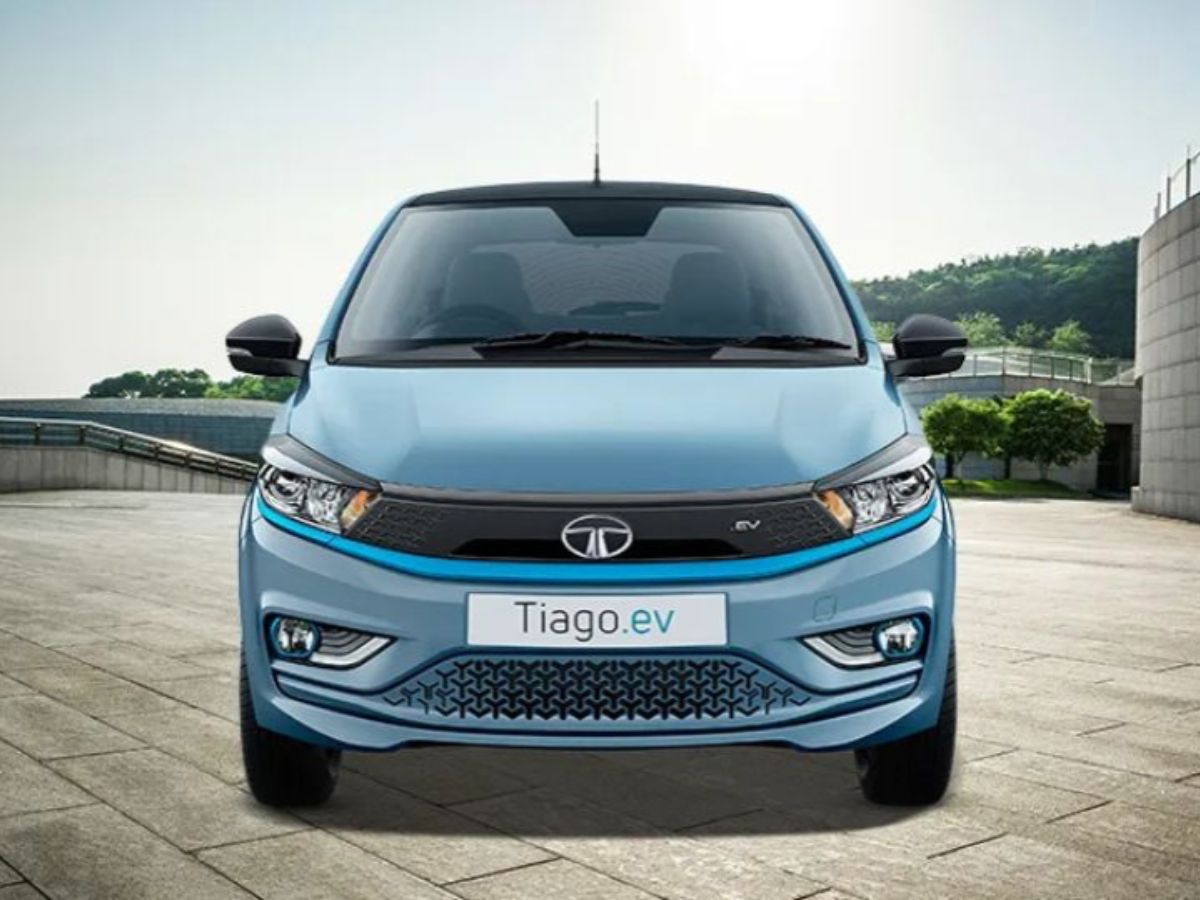
EV Charging Simplified: Everything You Need to Know
Electric vehicles (EVs) are changing the way we think about transportation. Unlike traditional cars that run on fossil fuels, EVs are powered by electricity, making them cleaner and more efficient. As more people shift to EVs for environmental and economic benefits, one common question arises: how do you charge them?
If this seems confusing initially, don’t worry—it’s simpler than it sounds! This blog will highlight everything you need to know about EV charging so you can confidently understand and embrace this modern technology.
What is EV Charging?
EV charging is the process of transferring electricity from a power source into your electric car’s battery. Think of it as refuelling your car, but you use electricity instead of petrol or diesel. Traditional vehicles must stop at fuel stations to fill their tanks. Electric cars, on the other hand, don’t have a fuel tank. Instead, they have a large battery that stores electricity, which powers the motor.
To “refuel” your EV, plug it into a charging station or an outlet, whether at home, work, or public spaces. In essence, EV charging allows you to recharge your car’s energy supply so it’s ready to go wherever you need it. Just like filling up a fuel tank, there are different methods and speeds of charging, which we’ll explore next.
Types of EV Chargers
There are three types of EV chargers used based on charging speed and power levels:
1. Level 1 Charging
It is the simplest and slowest method, using a standard 120-volt outlet.
Best for overnight charging at home for drivers with short daily commutes.
2. Level 2 Charging
It is a faster, more efficient option using a 240-volt outlet.
Best for regular use at home or charging in the public sector when you need a more rapid refill
3. DC Fast Charging (Level 3)
What it is: It is the fastest form of charging. They can generally be found at commercial stations.
Best for long road trips or quick top-ups when time is limited.
Where Can You Charge Your EV?
Charging an EV is incredibly flexible. Here are the main options:
1. Home Charging
Home charging is the most convenient method for most drivers, which means plugging your car into a Level 1 or Level 2 charger installed in your garage or driveway. For modern EVs like the Tata Tiago EV, which comes with a portable AC charger as standard equipment, home charging becomes even more accessible. A Level 2 charger may be expensive to install, but it pays off with faster charging times.
2. Public Charging Stations
Public charging stations are plentiful in cities, shopping centres, and highways. Apps to locate such stations enable you to find the closest station, check availability, and even help plan trips with stops at a charger.
3. Work-place charging
Some employers install electric vehicle chargers in an office parking lot so that you may charge your car while working. This is often Level 2 and a nice bonus for EV owners.
How long will it take to charge my vehicle?
The amount of time it takes to charge an electric vehicle depends on the size of the battery, the type of charger, and the battery’s health. For instance, charging an electric vehicle (EV) with a DC fast charger typically takes 30 minutes to 1 hour to charge from 20% to 80% of its battery capacity, depending on several factors.
How Much Does Charging Cost?
The cost of charging depends on where you charge:
What About Charging Standards?
Most regular charging is done with the Type 1 or Type 2 connector. Fast charging will use standards such as CCS (Combined Charging System) or CHAdeMO.
The EV charging infrastructure is growing dramatically, with governments and private companies investing in networks of fast chargers. Other technologies under development include wireless charging pads and bidirectional charging, which enables your car to send power back to the grid.
Conclusion
Whether charging at home, on the road, or at work, the process is simple and becoming more convenient. Nowadays, most electric cars offer easy charging options to make EV ownership hassle-free for everyone. With the proper setup and planning, owning an EV is as easy—if not more convenient—than driving a petrol/diesel-powered car. So, are you ready to plug in and join the electric revolution?
December 19, 2024: The Royal Challengers Bangalore (RCB) has officially launched the ‘Made of Bold…
“Uninvited students wreak havoc at Lucknow wedding, leaving injuries, property damage, and empty plates in…
December 19, 2024: Josh Hazlewood’s injury during the Border-Gavaskar Trophy 2024-25 has been a tough…
December 19, 2024: Jenna Ortega and Paul Rudd are set to star together in the…
“Rahul Gandhi’s attention sought as protests erupt across India over alleged misuse of anti-dowry laws…
December 19, 2024: Alia Bhatt's latest Instagram post is undoubtedly a heartwarming treat for her…